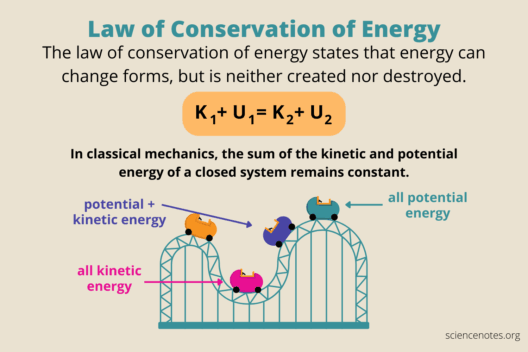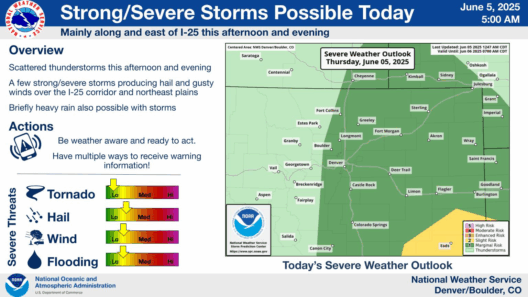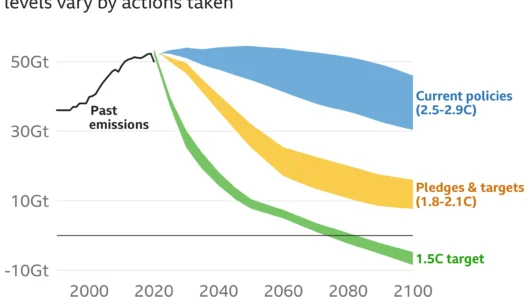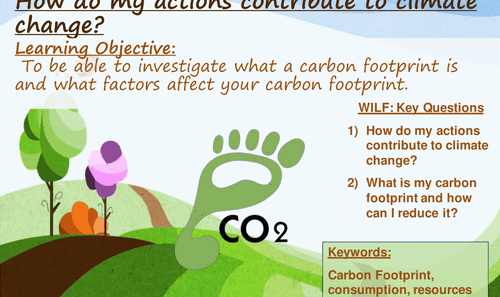In the realm of contemporary video gaming, environmental themes have begun to emerge as significant narratives. One of the most prevalent inquiries among enthusiasts and scholars is whether games like “Civilization V” accurately reflect the fears and realities of climate change—specifically, issues such as global warming and natural disasters like hurricanes. This intersection of digital entertainment and environmental consciousness is not only crucial for understanding the cultural fabric of gaming but also highlights a growing awareness of ecological responsibilities among developers and players alike.
“Civilization V,” developed by Firaxis Games, offers players the ability to lead a civilization from the ancient era into the modern age. Within this expansive strategy framework, the actions of players wield substantial influence on the environment. As one advances through various technological stages, players encounter a range of challenges, including facing the ramifications of their choices on environmental health. Herein lies the question: does “Civ V” genuinely incorporate climate change elements, particularly concerning global warming and hurricanes?
The game, while primarily a strategy simulation, does encompass some aspects of climate change. Resource depletion, technology advancement, and environmental policies are critical components in the gameplay. For instance, as players advance and achieve industrialization, significant repercussions occur, such as pollution and resource scarcity. This degradation of natural resources alludes to a broader understanding of environmental ramifications experienced globally due to human activity.
One of the most compelling features in “Civ V” that hints at climate issues is the ‘World Congress,’ introduced in the expansion pack “Brave New World.” Here, civilizations can vote on global resolutions that can affect the world’s environment. Players may advocate for renewable energy initiatives or impose restrictions on pollution, mirroring real-world climate agreements. Nevertheless, the game’s depiction of these elements is artificial and simplified. Players can vote and shape outcomes, yet the long-term consequences of their decisions are not as profound as those in real life.
While “Civ V” does touch upon environmental themes, the gameplay operates on a rather rigid framework. Global warming as an explicit mechanism is not evident in the game’s primary functions. The ecological repercussions manifest through resource management and diplomatic solutions; however, they lack the urgency and chaotic unpredictability that characterize actual climate change scenarios. The absence of dynamic climate events—such as hurricanes or flooding—within the game’s systemic operations highlights a gap in representing the pressing realities of our world.
Hurricanes, often seen as catastrophic outcomes of climate change, provide a fascinating lens through which to explore the game’s environmental implications. In reality, heightened atmospheric temperatures result in more intense and frequent hurricanes. If “Civ V” were to embody this risk, it could introduce elements of unpredictability where players have to contend with natural disasters that could thwart their progress. This gameplay dynamic could also serve a crucial educational purpose, prompting players to consider responsible resource management and environmental stewardship as foundational aspects of their strategy.
A deeper examination reveals a notable phenomenon: why do players of strategy games like “Civ V” gravitate towards themes of climate change and environmental degradation? It may stem from an inherent desire to control the uncontrollable—embodying the role of a leader who can prevent ecological disaster versus the overwhelming indifference that characterizes real-world responses to environmental issues. In a digital environment, players can experiment with strategies to avert crises, instilling a sense of agency that is often absent in reality.
Moreover, video games serve as a cultural reflection and can act as conduits for social commentary. By engaging with environmental issues, developers harness the power of interactive storytelling to raise awareness among players. The presence of climate-related themes also prompts discussions surrounding sustainability, raising consciousness about human impact on the planet. Gaming communities increasingly advocate for social and environmental responsibility, contributing to a larger cultural shift towards eco-awareness.
Various gaming titles beyond “Civ V,” such as “Farming Simulator” or “Stardew Valley,” have begun to explore sustainability, agriculture, and community in connection with environmental themes. These games depict farming practices that can either contribute to or mitigate climate change, nudging players toward a more responsible mindset in their virtual endeavors. Such alternatives offer glimpses into how the gaming industry grapples with ecological narratives.
In conclusion, while “Civilization V” incorporates aspects of environmental stewardship through its gameplay mechanics, it ultimately falls short of representing the urgent and chaotic dimensions of climate change, such as global warming and hurricanes. The absence of unpredictable natural disasters within the game’s framework limits players’ ability to experience the ramifications of their environmental actions authentically. Nevertheless, the integration of climate themes in gaming serves a dual purpose: it provides entertainment as well as a platform for discussing pressing ecological issues. The common observation remains that gamers are increasingly captivated by these narratives; it hints at a broader yearning to engage with, and perhaps even change, the environmental trajectory of our real world. As the gaming industry continues to evolve, so too does the potential for environmental narratives to encourage awareness and inspire action among players across the globe.







